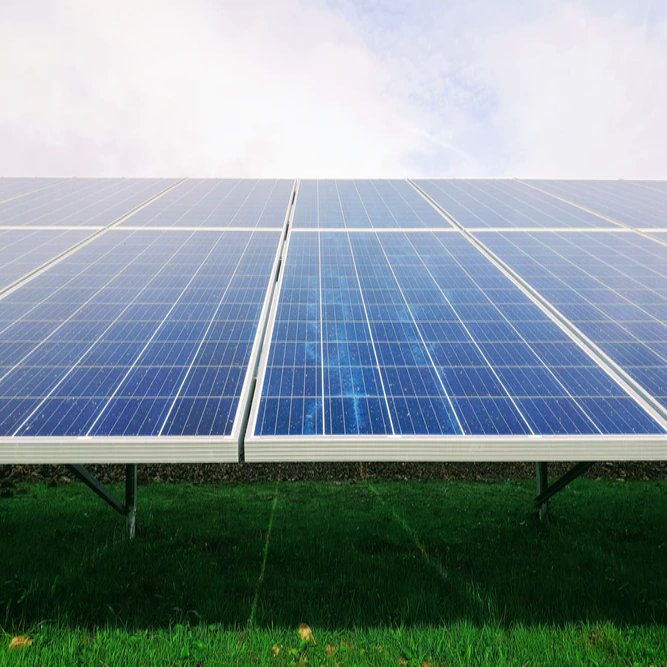Net Zero Energy Building – “a building that produces as much energy as it uses over the course of a year”
Buildings are the primary consumer of energy in the world. There many progressive organizations around the world that are pursuing a Net-Zero Energy goal for their facilities. This dynamic goal can be accomplished by considerably reducing energy use through integration of energy-efficient strategies into the design, development, and operation of new buildings and retrofits to enhance the efficiency of existing buildings. While also making use of on-site and off-site renewable energy sources to meet the Net-Zero Energy goal.
As experts with knowledge of 3D Energy and Daylight Modelling, we have been able to suggest improvements in construction technology, building controls and renewable energy systems, the design and construction of Net-Zero Energy buildings with practical inputs.







